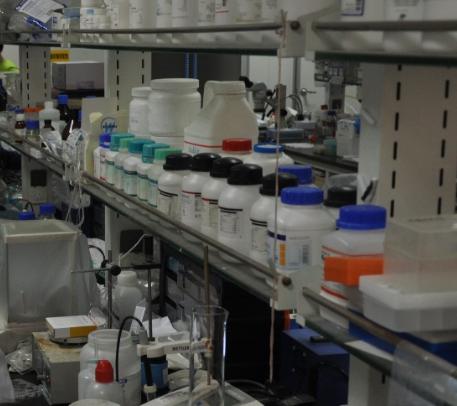Approaches to ethical review of life sciences and medical research involving humans
(2) Establish a delegated review mechanism, allowing competent ethical review committees to conduct ethical reviews. First, establish a commissioned review mechanism to achieve comprehensive coverage of ethical review. An institution that does not have an ethics review committee may, in writing, entrust a regional ethics review committee or a competent institutional ethics review committee to conduct an ethics review; The second is to put forward the management requirements of regional ethics review committee, which is an important exploration to further improve the efficiency of ethics review. Third, to carry out research, enterprises can realize ethical review supervision by entrusting ethical review, and clarify supervision and management responsibilities.
(3) Optimize ethical review standards and refine informed consent procedures. The first is to refine the provisions on the informed consent process of the research participants with no capacity or limited capacity. The second is to expand the "subject" to "research participant" according to the progress of biomedical research and bioethics, strengthen the respect for people and expand the scope of protection. The third is to balance regulation and innovation, and set up an institutional arrangement of "exemption from ethical review". Fourth, the time limit for ethical review has been detailed to further improve efficiency.

9. How to balance the relationship between reducing the burden on researchers and ethical review? What research is exempt from ethical review?
Taking into account that most basic research activities do not directly involve human trials, and some studies do not directly involve clinical diagnosis and treatment information of research participants, drawing on internationally accepted practices, in order to improve review efficiency and reduce unnecessary burdens on researchers, The Measures provide that "under the premise that the use of human information data or biological samples does not cause harm to the human body, and does not involve sensitive personal information or commercial interests," some cases involving human life science and medical research can be exempted from ethical review. It mainly includes:
1) using publicly available data obtained legally, or data generated by observation that does not interfere with public behavior;
2) Using anonymized information data to conduct research;
3) Using existing human biological samples to conduct research, the source of the biological samples used conforms to relevant regulations and ethical principles, the relevant content and purpose of the research are within the scope of normative informed consent, and do not involve the use of human germ cells, embryos, reproductive cloning, chimerism, heritable gene manipulation and other activities;
4) Use human cell lines or cell lines from biobank to conduct research, and the relevant contents and purposes of the research are within the scope authorized by the provider, and do not involve human embryos, reproductive cloning, chimerism, heritable gene manipulation and other activities.
- ABB
- General Electric
- EMERSON
- Honeywell
- HIMA
- ALSTOM
- Rolls-Royce
- MOTOROLA
- Rockwell
- Siemens
- Woodward
- YOKOGAWA
- FOXBORO
- KOLLMORGEN
- MOOG
- KB
- YAMAHA
- BENDER
- TEKTRONIX
- Westinghouse
- AMAT
- AB
- XYCOM
- Yaskawa
- B&R
- Schneider
- Kongsberg
- NI
- WATLOW
- ProSoft
- SEW
- ADVANCED
- Reliance
- TRICONEX
- METSO
- MAN
- Advantest
- STUDER
- KONGSBERG
- DANAHER MOTION
- Bently
- Galil
- EATON
- MOLEX
- DEIF
- B&W
- ZYGO
- Aerotech
- DANFOSS
- Beijer
- Moxa
- Rexroth
- Johnson
- WAGO
- TOSHIBA
- BMCM
- SMC
- HITACHI
- HIRSCHMANN
- Application field
- XP POWER
- CTI
- TRICON
- STOBER
- Thinklogical
- Horner Automation
- Meggitt
- Fanuc
- Baldor
- SHINKAWA
- Other Brands




































































































































